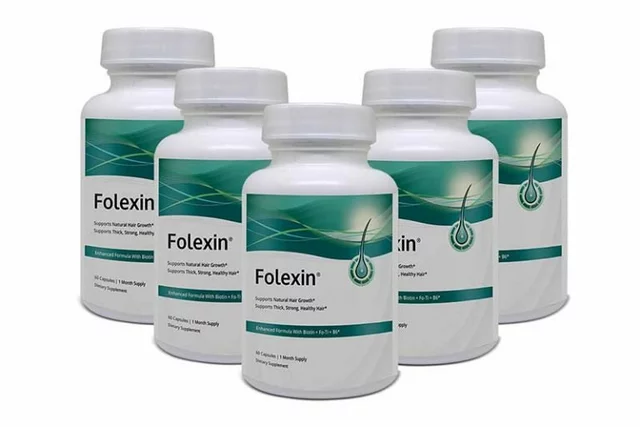Vancomycin pharmacy: what to know before you buy
Vancomycin is a powerful antibiotic used mainly for serious infections caused by gram-positive bacteria. It’s usually given by a doctor as an IV drip in the hospital, but oral forms exist for specific gut infections like C. difficile. Because it’s a strong drug, you should only use it when a clinician prescribes it.
How vancomycin is used and monitored
Doctors pick vancomycin when other antibiotics won’t work. It fights tough infections of the blood, bones, heart valves, and some resistant skin infections. Treatment often requires blood tests to check levels and kidney function. That monitoring helps avoid two main problems: kidney damage and infusion-related reactions such as redness or flushing often called red man syndrome.
If your clinician starts vancomycin, expect regular lab checks and clear instructions on dose and duration. Never change dose or stop early without talking to them—unfinished antibiotic courses can cause resistance or relapse.
Buying vancomycin online: safe steps
Can you buy vancomycin from an online pharmacy? Only with a valid prescription from a licensed provider. If a site sells it without a prescription, that’s a red flag. Here’s what to check before ordering:
- Verify the pharmacy license and look for a real physical address and phone number. Legit pharmacies answer questions from pharmacists. - Require a prescription. Reputable sites will ask for one and may offer a secure way to upload it. - Read reviews and check independent pharmacy verification services if available. - Watch for unrealistic low prices or offers to skip doctor approval. Those often mean counterfeit or unsafe meds. - Use secure payment methods and avoid sellers that push wire transfers or crypto only.
Also think about shipping. Some antibiotics need temperature control or fast delivery. A trustworthy pharmacy will explain storage and transit times and provide clear handling instructions.
International purchases add complexity: laws, customs, and product quality vary. Many countries restrict importing prescription antibiotics. If you’re unsure, ask a pharmacist or your health regulator before ordering.
Finally, consider antibiotic stewardship. Vancomycin should be saved for infections that need it. Using it incorrectly contributes to resistance, making future infections harder to treat. Talk openly with your doctor about alternatives and whether vancomycin is truly necessary.
If you need help finding a safe online pharmacy or understanding a prescription, contact a licensed pharmacist. They can review the prescription, explain side effects, and advise on dosing and monitoring. Your safety matters more than saving a few dollars—choose care you can trust.

Curious about how and where to buy Vancomycin online? Discover tips, risks, legal basics, and step-by-step guides to order Vancomycin easily and safely.
Chris Gore Jul 14, 2025




